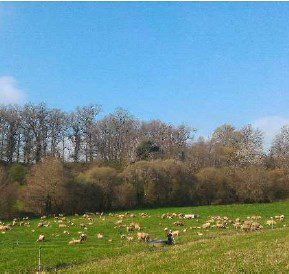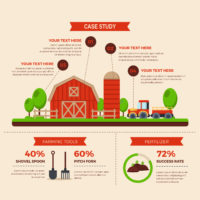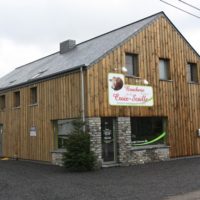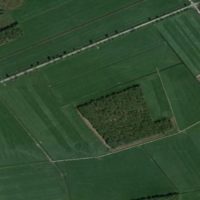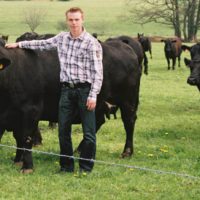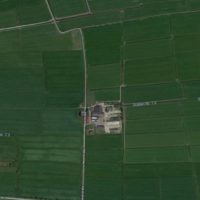Description
The « CIIRPO » ( Centre Inter Régional d’Information et de Recherche en Production Ovine) currently has a testing on techno-grazing. The aim is to develop a farming sys-tem based on pasture at the maximum by limiting forage crops through techno-grazing.
Concretely, the animals stay 1 day per “cell”.
The animals come back in the cell 21 days later in the spring or 35 days in summer / winter.
The instantaneous load is 150 to 600 ewes on 1 ha according to the season.
The animals pasture all year round.
Reason for the innovation
The main goal of this experiment is to reduce costs through better grazing, reduced harvests and reduced investment in equipment / building.
To be able to compare, a ewes bundle is driven in traditional rotational grazing (5-6 days per paddock).
Nevertheless, some breeders can see some obstacles to this technique:
- Need to be equipped for watering, to have bundled plots, to be equipped for distribution if the breeder wishes to bring concentrates to the pasture
- More work for fencing
- Predation problem if lambing is outdoors
- Lack of shade in some cells: animal welfare?
Success – Results:
- No grinding of uneaten grass
- Less harvests
- Daily work greatly reduced in winter thanks to winter grazing
- Economy of concentrates
- Zootechnical objectives achieved
Farm description
Environment
- Soil: Loamy-sands, silt
- Climate: Oceanic climate
- Altitude: 300m
Grassland management
- Pasture: Yes
- Rotating grazing
- Techno-grazing
- Manure: 5 T / year
Structure
- Annual Work Unit: 1,5
- Agricultural area: 85 ha UAA
- Main forage area: 90 ha
- Permanent grassland : 43 ha
- Temporary grasslands: 47 ha
- Breeds : Romane, Vendéen, Cross-breeding
- Stocking rate : 1,3 LU / ha of forage area
Animal performance
- Average carcass weight: 18,5 kg (Lamb)
- Average age when slaughtered: 4 months (Lamb)
- Average European classification of the carcass (EUROP): R3 (Lamb)
Why it is working
This technique works on the farm because the experimenters are rigorous. It is indeed necessary to be guided a minimum at the beginning of the techno-grazing and the winter grazing.
Of course, the recommendations given on the previous page stay valid: it is necessary to have grouped plots and a good watering system.
